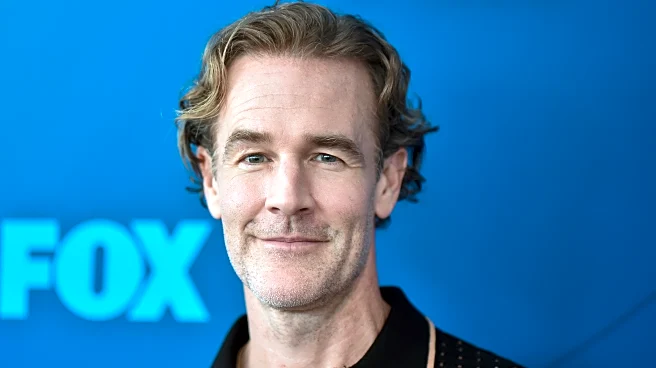What's Happening?
Libby Adame, known as the 'Butt Lady,' has been sentenced to 15 years to life in prison for the death of actress Cindyana Santangelo. Adame was convicted of second-degree murder and practicing medicine
without a license after administering a lethal silicone injection that led to Santangelo's death. The incident occurred at Santangelo's Malibu home, where she died from an embolism caused by the injection. During the court proceedings, Santangelo's family expressed their grief and anger, emphasizing the loss of a mother and friend. Adame's defense argued that she did not have enough time to perform the procedure and suggested that someone else might have administered the fatal injection. This case is not Adame's first encounter with the law; she was previously convicted of involuntary manslaughter in a similar case involving a 26-year-old woman.
Why It's Important?
The case highlights significant issues surrounding unlicensed medical practices and the dangers of illegal cosmetic procedures. Adame's actions have brought attention to the risks associated with unregulated cosmetic enhancements, which can lead to severe health consequences or death. The sentencing serves as a warning to those who engage in or seek out such procedures, emphasizing the importance of professional medical oversight. The case also underscores the emotional and societal impact of losing a loved one to preventable medical malpractice, affecting families and communities deeply.
What's Next?
Adame's sentencing may prompt increased scrutiny and regulation of cosmetic procedures, particularly those performed without proper medical credentials. Authorities might intensify efforts to crack down on illegal medical practices, potentially leading to stricter laws and enforcement. The case could also inspire public awareness campaigns to educate individuals about the dangers of unlicensed cosmetic procedures, aiming to prevent future tragedies.
Beyond the Headlines
This case raises ethical questions about the responsibility of individuals who seek out and perform unlicensed medical procedures. It also highlights cultural pressures related to beauty standards and the lengths to which individuals may go to achieve certain aesthetic goals. The legal system's response to such cases could influence future policies and societal attitudes towards cosmetic enhancements.










